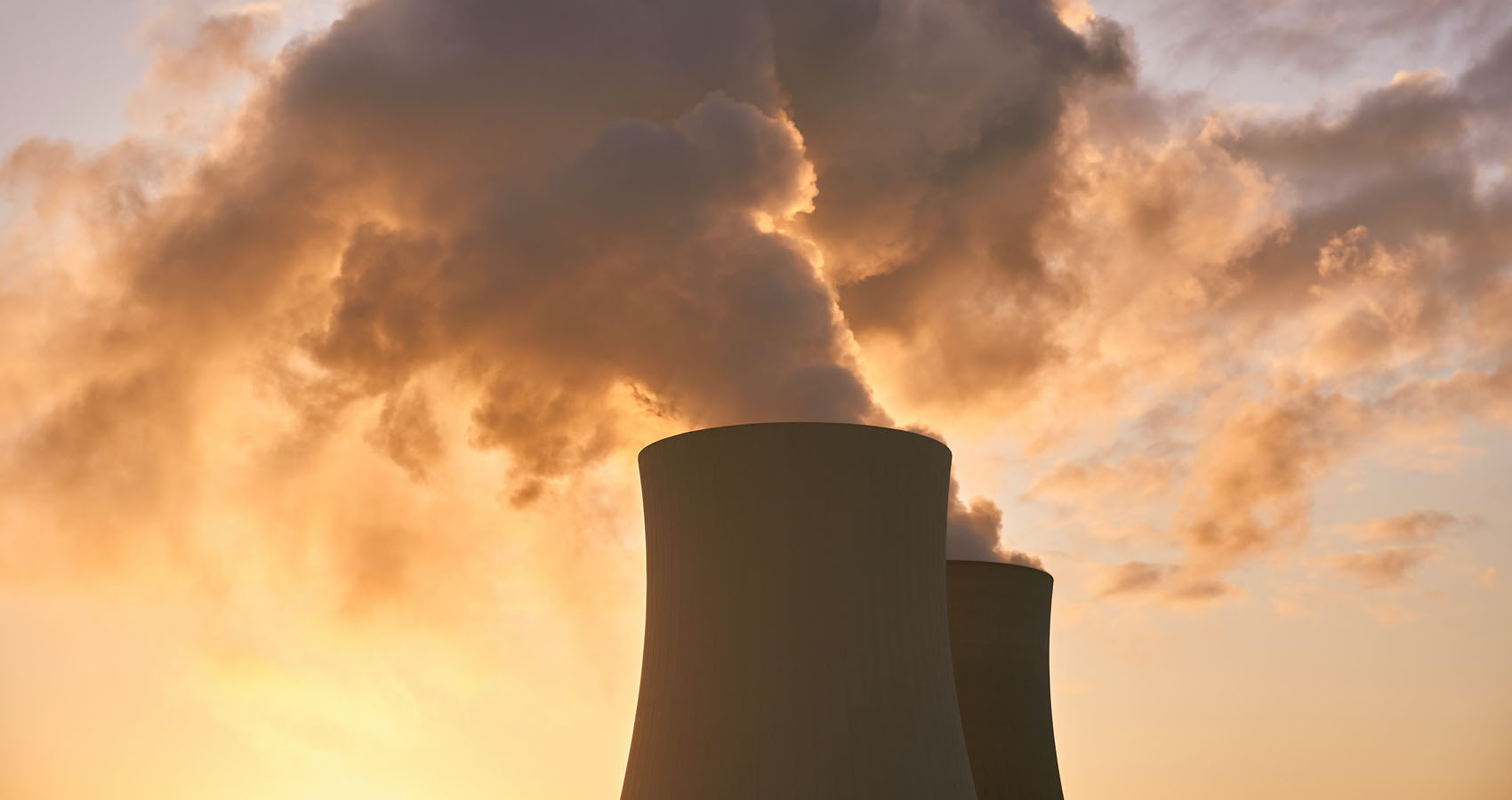
9 Year Warning Put In Place As Emissions Rise To Record Levels
The Global Carbon Project issued an alert as temperatures set to surpass the 1.5°C threshold.
Nine years - the current estimate for the time left to avert catastrophic global warming. According to the Global Carbon Project's latest report, 2022 is now the leading year on record for worldwide fossil-fuel carbon dioxide emissions, taking over the previous record in 2019. If we don't decrease our emissions, the world will use up its 1.5°C carbon budget within the next nine years. Surpassing the 1.5°C budget sees a world as damaging as the current UK government.
Over 90 percent of coral diversity will disintegrate, and we will see an increase in extinctions and more extreme weather such as; flooding, droughts, fires, and cyclones. Additionally, we will experience a surge of rising sea levels resulting in more people losing their homes and an increased likelihood of ecosystem and glacier collapse.
A simple equation: 380 gigatonnes of CO2-equivalent emissions remain in the budget. Currently, we are using 40 gigatonnes each year, and what's left in the 2°C budget is an estimated 1,200 gigatonnes. Dr. Pep Canadell, director of the Global Carbon Project and CSIRO scientist, has stated: "We are going to cross, early next decade, 1.5°C (of warming) - Our only chance to stabilize at 1.5°C by the end of the century is by then removing a lot of CO2 from the atmosphere. Otherwise, we will cross it and move well beyond 1.5°C - Whether we can do it at the scales needed or not, that's a different matter." He adds that with the sinking of natural carbons, which are vital for decreasing and taking in CO2 in the atmosphere, nature's safety blankets, like forests and seawater, are growingly and becoming less efficient as the temperature rises.
We can reduce emissions by around 1.4 gigatonnes yearly until we hit zero. Dropping this number of emissions was last seen during COVID lockdowns! Unfortunately, Dr. Canadell believes that decreasing emissions single-handedly to keep above 1.5°C is "impossible."
"(There's been a) 17 percent loss of (CO2 absorption) efficiency of land, and 4 percent loss of efficiency in the ocean. Oceans have a harder time dissolving CO2 when temperatures are higher. - Tropical forests are already working at their highest efficiency with current temperatures. Increasing temperatures in the tropics are making this less efficient."
The ten years building up to 2021 still see an increase in emissions. Fortunately, the emissions are not as high as those recorded between 2000 and 2010.
The recent report also shows that despite China's (the world's biggest polluter) drop in emissions, the US and India - the second and third biggest polluters - have recorded a substantial increase. Even though China's decreasing emissions are due to their current COVID restrictions, they will likely turn to their old ways in future years depending on their economy, global economic growth, and the development of large-scale renewable projects.
Dr. Canadell continues - "If we were already peaking, one can say, well, what's next? Are we beginning to drop? But at this point we don't even see that - When we reach peak (emissions) over the coming years, (I think we're likely to be there for) quite a bit before we really see a clearly declining progress."
If we don't implement these urgent changes now, the world will become a nightmare that no one can save us with a pinch to wake up.
Up Next, Rainn Wilson Changes His Name To Combat Climate Change











